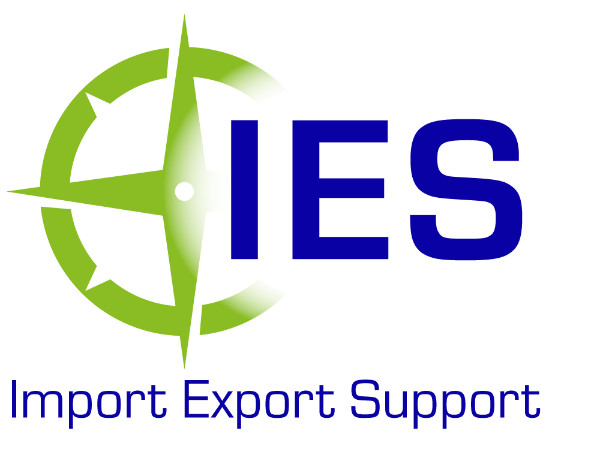How Brexit changes UK borders for import and export businesses
Borders
There are many issues facing the UK as we leave the EU, but the one that could be the most problematic for importers and exporters are our borders.
In my conversations with business leaders and import and export professionals this is one of the issues that comes up most often.
UK borders: issues to consider post Brexit
- EU movements becoming real imports and exports impacting both cost and time
- Full customs entries
- Physical borders including Ireland
- Insufficient resources, people and finance
- Not to mention Gibraltar and the Spanish interest
According to a recent article in the Times:
‘Every day almost 700,000 inbound shipments would require border checks if the UK leaves the EU without a deal, the British Retail Consortium said. Officials at Dover, the country’s busiest port, warn that an extra two minutes to clear trucks through customs could lead to 17-mile traffic jams.’
https://www.bloomberg.com/news/articles/2017-10-30/brexit-s-retail-mess-you-can-t-move-a-supermarket-to-frankfurt
Currently lots of businesses throughout Europe move goods freely throughout the EU. This is due the ability to move goods in free circulation i.e. imported goods which have been subjected to the payment of VAT and duty in the country into which they entered Europe. The subsequent sale and movement of these goods requires minimal paperwork to travel with the consignments and they are only subjected to minor border checks, meaning minimal delays or border issues.
Currently EU law allows for the periodic reporting of these movements via Intrastat, VAT and EU sales reports which allows the aggregation of the mandatory fiscal reporting of these movements which is obviously much more efficient than having to submit a report per shipment or movement.
Some key implications:
Once the UK has left the EU all these movements will immediately become genuine imports and exports and therefore will become subject to border checks and require full import and export declarations. The administrative burden will have severe implications for businesses.
Delays and disruption will increase as border inspections and import clearance requirements will slow up the transition time of goods to pass through the port/borders.
The administration costs for the importer will increase as additional documentation containing full fiscal details of the shipment will need to be submitted at the time of import.
Submitting a full declaration into the HMRC customs system CHIEF will increase the cost of submissions as forwarders and their agents will have to charge for their time.
In addition, the HMRC import software CHIEF doesn’t have the capacity to cope with the anticipated increase six-fold increase in transactions following Brexit. Its replacement CHIEF II is in development but might not be ready and HMRC openly confirm that functionality will be limited, at the same time shelving any plans to deliver an improved system
Possible Outcome:
The administrative burden on businesses will have to be addressed and things like continued use of Intrastat needs to be considered so that the time and costs of processing the declarations and the transition time through the border are reduced. It is to the benefit of neither the EU or the UK to have queues of tucks waiting to cross the border into or out of the UK.
HMRC is looking at subjecting trusted traders like those companies with AEO to fewer and minimal checks as they pass through the borders using simplified declarations and period reporting to allow the fiscal information to follow later in a monthly or quarterly return. The difficulty here is that we would need the EU to agree to such a scheme which will take time and may not be ready for the UK’s exit.
What can businesses do now to prepare?
Apply for Authorised Economic Operator (AEO) This EU recognised kite mark demonstrates a high level of control over supply chain procedures and will be a tool HMRC use post Brexit to facilitate the cross-border movement of stock.
Apply for CFSP & warehousing: You can either use an agent or do this yourself
Train your teams: Invest in some international training in areas like Incoterms®, import/export documentation & special procedures.
Get involved: HMRC and the Government are looking to businesses to assist them. They acknowledge your ability and expertise and want to engage and communicate with businesses so that they deliver more of what is required to facilitate growth and promote exports.
I hope you’re finding this series useful – it aims to give you the information you need to help make decisions for your import and export business. There’s lots more to be said on Brexit and I’d be interested to hear what issues matter most to you. Please add a comment below or email me, [email protected] and I will make sure your voice is heard
Coming up next time:
Disentangling the UK from the EU

